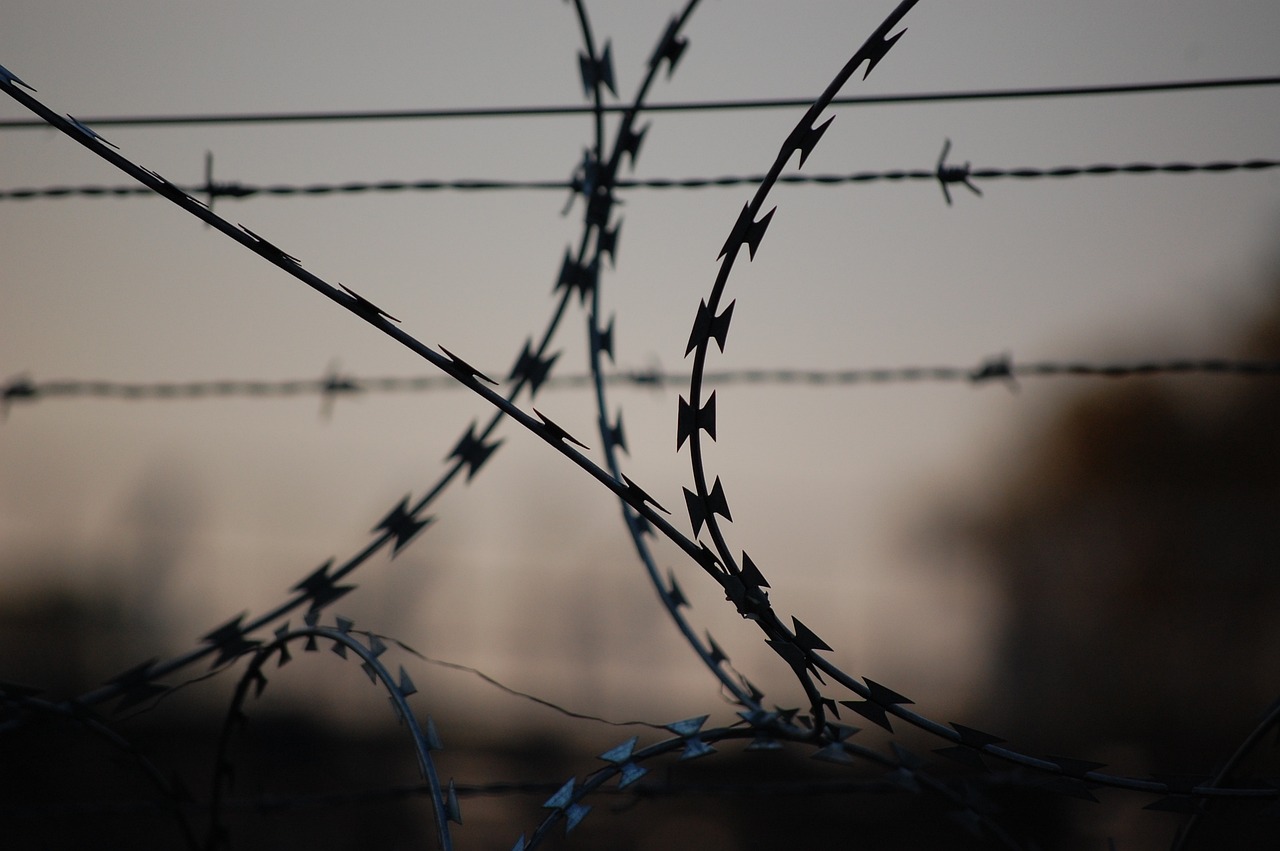Control the narrative: be crisis-ready in an unpredictable world
Tue, 13 May 2025

In a world where the unexpected is the new normal, crisis management is no longer optional – it is a core competency for any organisation that wants to survive and thrive. Reputation – often considered a company’s most valuable asset – takes years to build but can be damaged in a matter of moments.
Whether the threat comes from a data breach, a product recall, an executive scandal or a wave of public backlash, the consequences can be swift and far-reaching. In these moments, effective crisis management is not just about reacting quickly; it is about protecting the company’s image, maintaining stakeholder trust and minimising long-term reputational harm. As the line between recovery and reputational ruin grows thinner, organisations must be prepared to act decisively and transparently to navigate turbulent times.
This is why having a crisis management plan in place, even when there are no immediate threats, is crucial. At GRA, we always advise our clients to prepare ahead of time, because it:
- Reduces impact: Proactive planning helps minimise damage to operations, finances and public trust when a crisis does occur.
- Enables rapid response: A clear plan allows your team to act quickly and confidently, avoiding panic and missteps.
- Maintains trust: Transparent and timely communication helps preserve stakeholder confidence during disruption.
- Corrects misinformation: A communications strategy ensures false narratives are addressed and your position is clearly understood.
- Demonstrates resilience: A well-managed crisis can reinforce your values, showcase leadership and even strengthen your reputation.
This blog examines how global brands have navigated unpredictable events in both a negative and positive light. Using two contrasting examples from the conflict in Ukraine, we examine what defines best practice when navigating turbulent events.
Starlink in Ukraine – a case of mixed messages
Starlink, the satellite internet service operated by Elon Musk’s SpaceX, was a vital support for Ukraine in the early days of the war, restoring connectivity when conventional infrastructure failed. But by late 2023, the relationship grew more complex. Reports surfaced that Starlink had restricted access during certain Ukrainian military operations, raising questions about its role in an active conflict.
Musk cited concerns about the system being used for offensive purposes, yet communication around these decisions was inconsistent. Key updates came via his personal social media rather than official SpaceX channels, creating confusion among Ukrainian officials and international partners.
As of May 2025, Starlink remains operational in Ukraine, with Musk publicly committing to continued support despite political disagreements. Still, European allies are actively exploring alternatives, wary of relying on a privately controlled system in wartime.
This case highlights a critical lesson: in crisis – clarity, neutrality and coordinated communication matter as much as the technology itself. Despite Starlink’s strategic value, inconsistent messaging and blurred lines between personal views and corporate action weakened its reliability as a crisis partner.
BetterMe – adapting successfully to a war time crisis
BetterMe, a global health and wellness platform with over 150 million users, responded swiftly and strategically to the war in Ukraine, exemplifying effective crisis management. By offering free access to its app for all Ukrainians at the onset of the conflict, the company addressed urgent physical and mental health needs while positioning itself as a compassionate, proactive brand.
As the crisis escalated, BetterMe deepened its impact through targeted partnerships and innovative solutions. Collaborating with Esper Bionics and the Future for Ukraine foundation, it developed a specialised rehabilitation app for amputees, funded through international app revenue. Recognising the mental health toll of war, the company also launched a free stress-reduction course with Ukraine’s National Mental Health Program and the WHO. These efforts not only provided significant support but also reinforced BetterMe’s reputation for resilience, empathy and leadership in times of crisis.
Conclusion
As seen in these contrasting examples of Starlink and BetterMe, the difference between reputational damage and brand elevation lies in transparency, clarity and empathetic leadership. Where Starlink stumbled with inconsistent messaging and unclear direction, BetterMe showed how swift, values-driven action can build trust and inspire lasting loyalty.
At GRA, we consistently remind our clients that a crisis communication plan is not just a protective measure – it is a strategic asset. When handled effectively, a crisis can become a catalyst for growth.